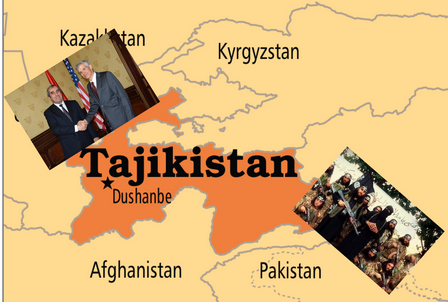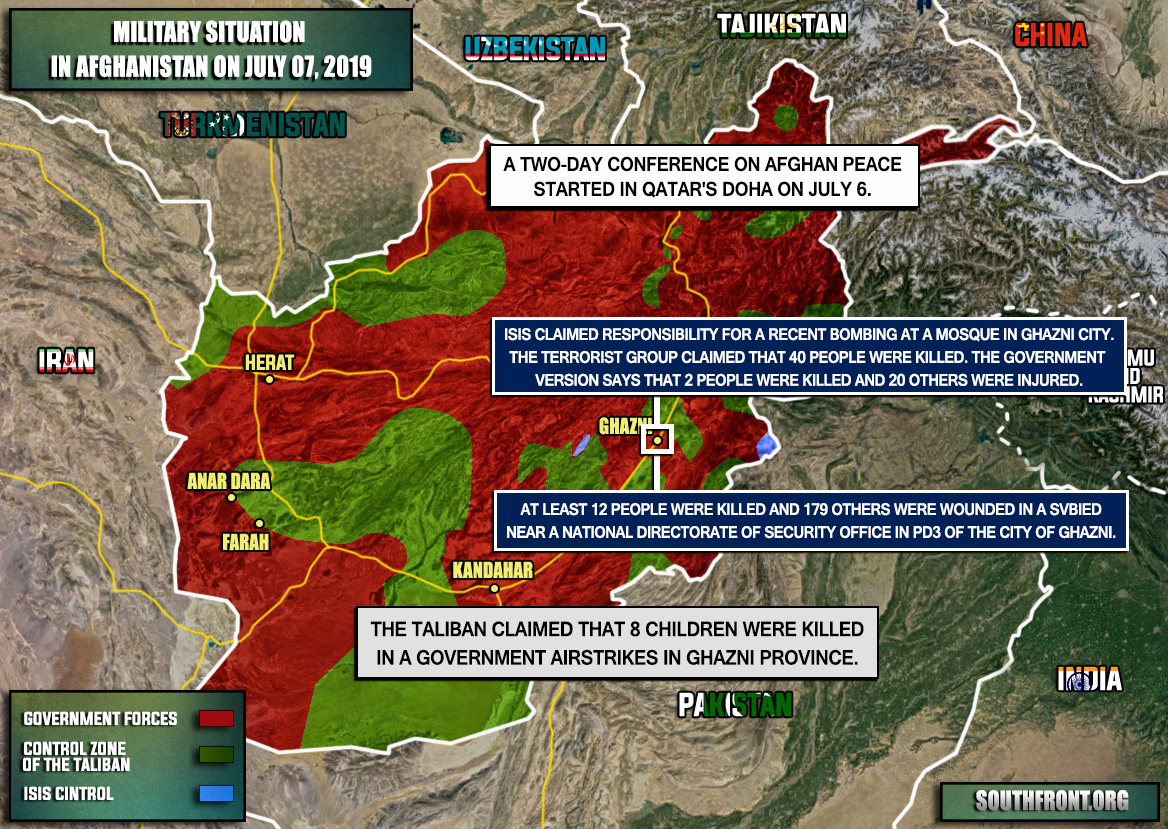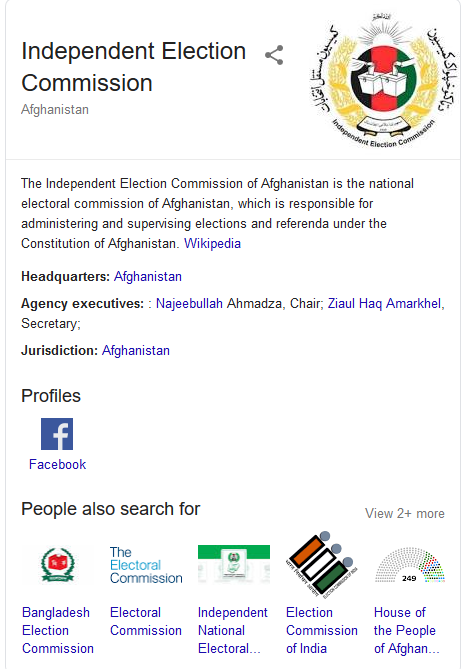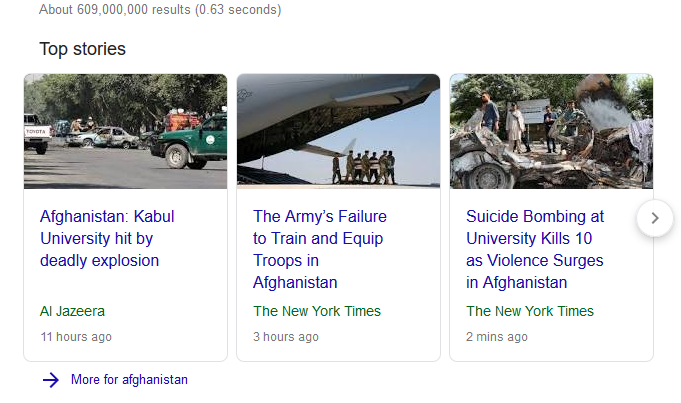angelburst29
The Living Force
Three U.S. service members and a contractor were killed in Afghanistan by an improvised explosive device on Monday, the NATO-led Resolute Support mission said in a statement.
Three U.S. service members, one contractor killed in Afghanistan
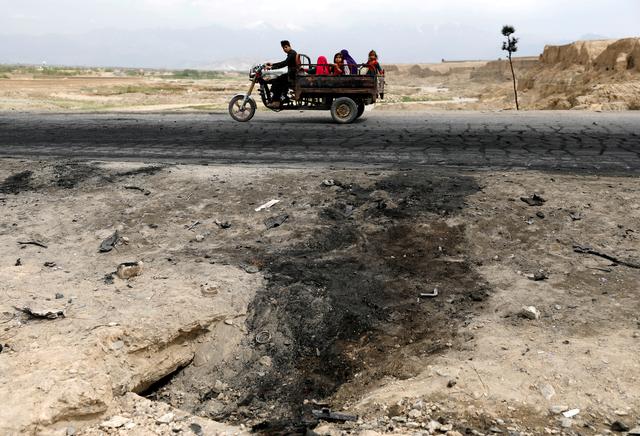
An Afghan family ride on a bike past the site of a car bomb attack where U.S. soldiers were killed near Bagram air base, Afghanistan April 9, 2019. REUTERS/Mohammad Ismail
Three U.S. service members were also wounded in the incident near Bagram air base close to Kabul, the statement said.
Colonel David Butler, a spokesman for U.S. Forces- Afghanistan, said a car bomb had detonated near the security convoy, which lead to deaths and injuries. The Taliban claimed responsibility for the attack.
The latest deaths bring the number of U.S. service member deaths in Afghanistan to seven in 2019, and a total of 68 U.S. military deaths since January 2015, according to U.S. government and NATO reports.
The death toll is one of the deadliest recent attacks against U.S. personnel. In November, a roadside bomb blast killed three U.S. service members near the central Afghan city of Ghazni.
Last month two U.S. service members were killed in Afghanistan while conducting an operation.
The Resolute Support Mission consists of 17,000 troops, about half of them from the United States. A smaller number of U.S. troops operate in Afghanistan under a counter-terrorism mission.
Afghan contractor listed as killed in blast is alive
An Afghan contractor who was believed to have been killed in a car bomb near Kabul is alive, the U.S. military said on Tuesday.
Three U.S. service members, one contractor killed in Afghanistan
An Afghan family ride on a bike past the site of a car bomb attack where U.S. soldiers were killed near Bagram air base, Afghanistan April 9, 2019. REUTERS/Mohammad Ismail
Three U.S. service members were also wounded in the incident near Bagram air base close to Kabul, the statement said.
Colonel David Butler, a spokesman for U.S. Forces- Afghanistan, said a car bomb had detonated near the security convoy, which lead to deaths and injuries. The Taliban claimed responsibility for the attack.
The latest deaths bring the number of U.S. service member deaths in Afghanistan to seven in 2019, and a total of 68 U.S. military deaths since January 2015, according to U.S. government and NATO reports.
The death toll is one of the deadliest recent attacks against U.S. personnel. In November, a roadside bomb blast killed three U.S. service members near the central Afghan city of Ghazni.
Last month two U.S. service members were killed in Afghanistan while conducting an operation.
The Resolute Support Mission consists of 17,000 troops, about half of them from the United States. A smaller number of U.S. troops operate in Afghanistan under a counter-terrorism mission.
Afghan contractor listed as killed in blast is alive
An Afghan contractor who was believed to have been killed in a car bomb near Kabul is alive, the U.S. military said on Tuesday.

